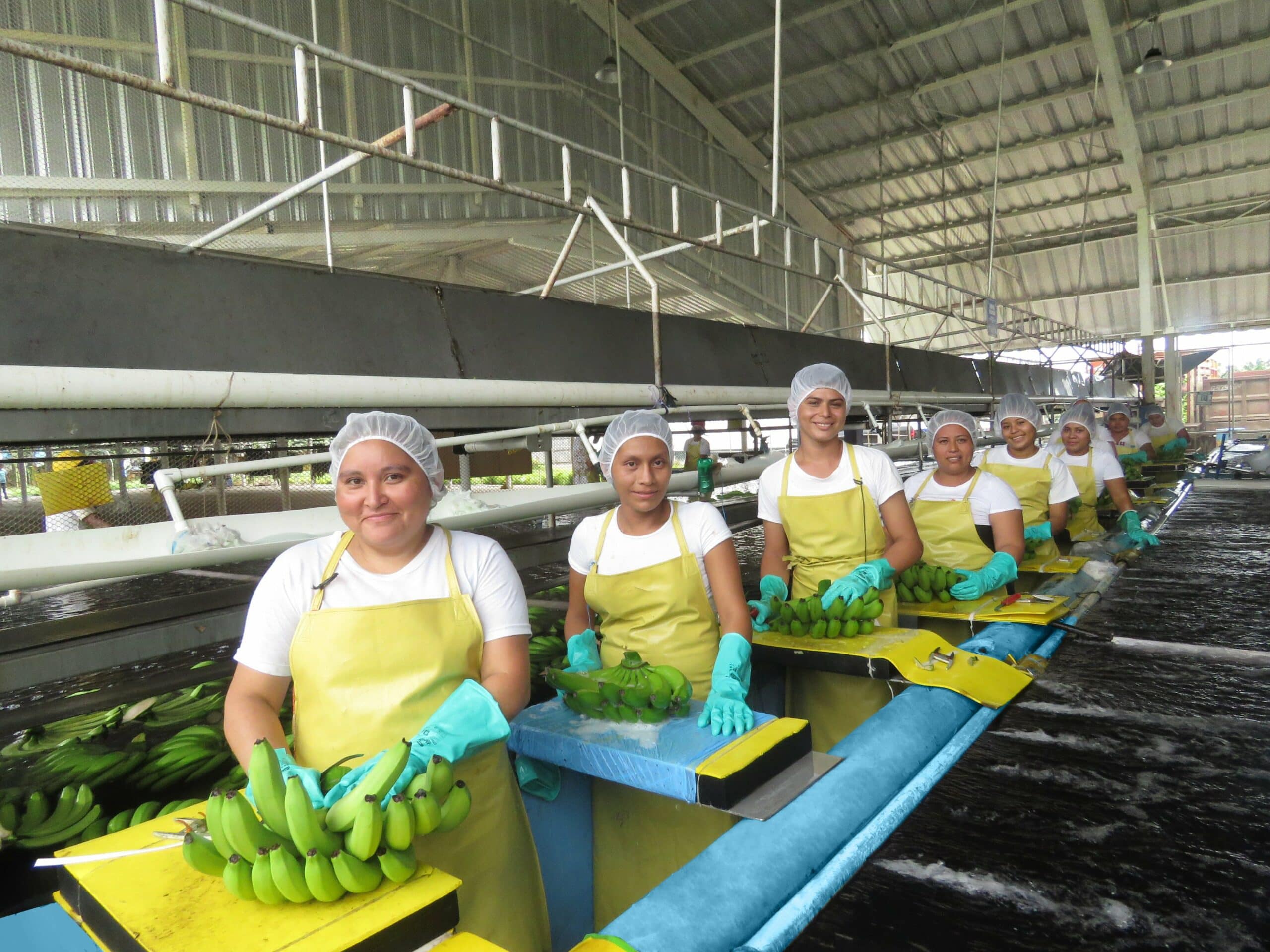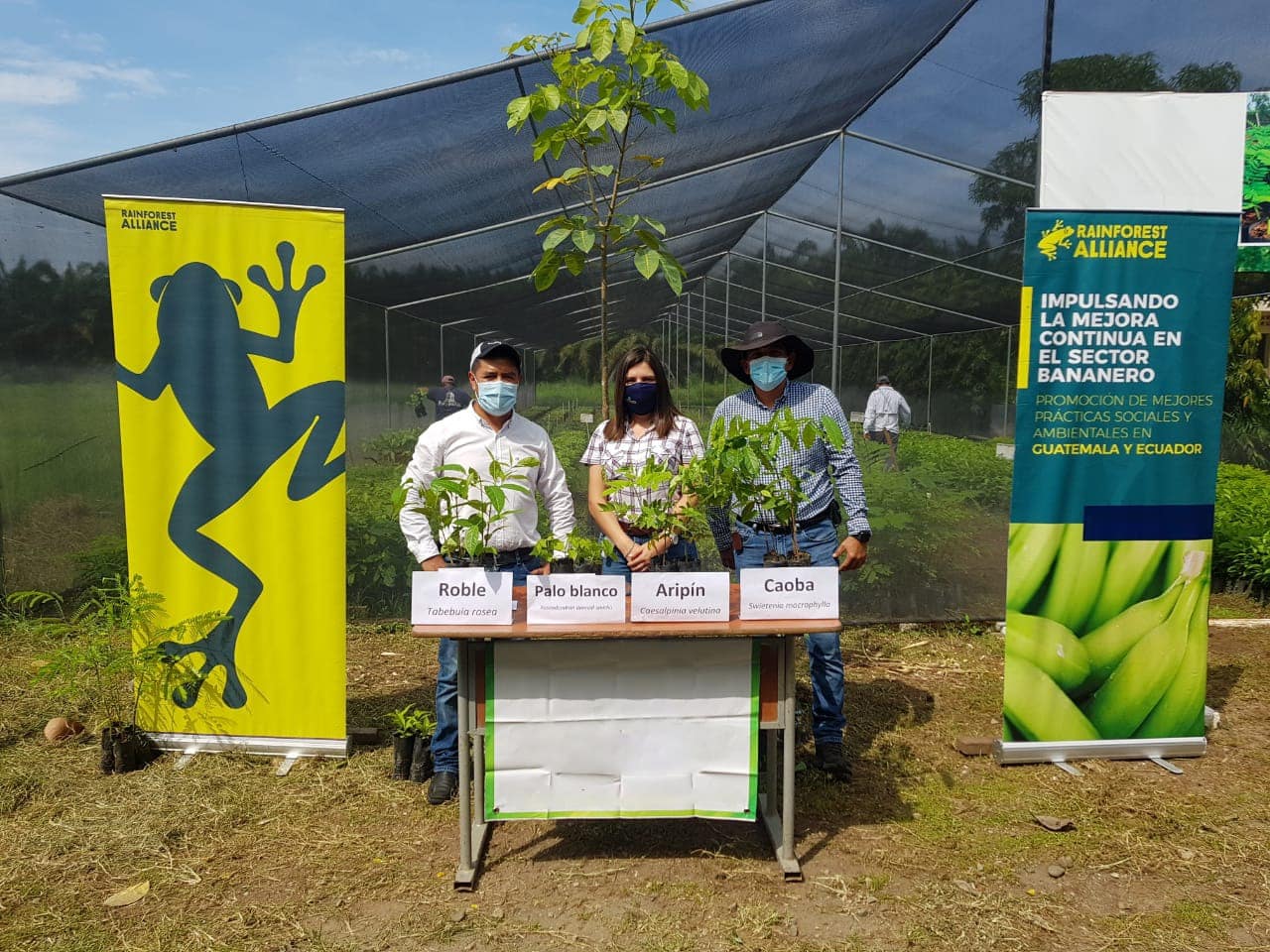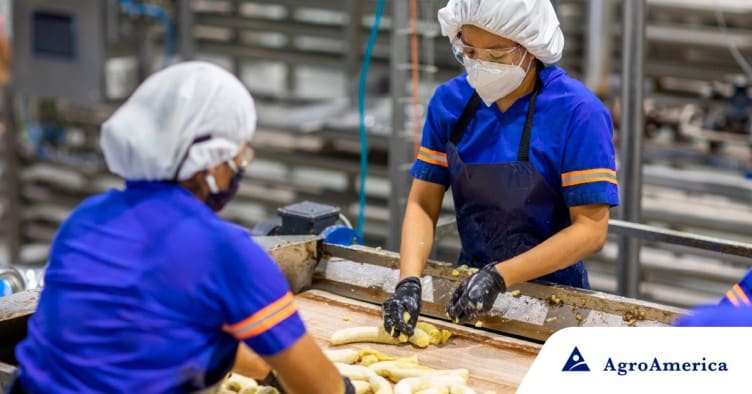Developing high-performance teams is more than just a fad
Developing high-performance teams is more than just a fad
Today, due to the numerous demands of the market, many organizations take on increasingly complex challenges, which allow them to acquire competitive advantages. Assuming these new challenges requires not only optimizing internal organizational processes and guidelines, but also forming and developing high-performance teams. In this scenario, leaders become facilitators for the simultaneous transformation of the organization and the members of the teams.
Organizational transformation through leadership
It was previously believed that the main objective of leaders was to achieve organizational goals by maintaining order, stability and balance through standardized processes. However, over time this process has become a complex theme. Leaders now take on a more dynamic role, in which they help their teams achieve a level of excellence and integrated development by strengthening their multidisciplinary skills.
Resources for building high performance teams
High-performance teams are formed through commitment to the mission, positive and respectful interactions, a “shared trust” in mutual success, assigned objectives and the promotion of individual and group growth. Every member of the team must understand the shared responsibility for themselves and for their teammates.
Consequences of High Performance Teams
Creating high-performance teams requires leaders to look strategically at the individual, group and organizational components of their company.
Beyond a fad
As Walt Disney said, “Many hands and hearts and minds generally contribute to anyone’s notable achievements.” We must understand that we do not manage high-performance teams because it is fashionable, but because we are aware that, through people, we can achieve the full scope of our business objectives. Our responsible commitment is to generate and promote quality of life in the workplace for our employees. What are the attributes that determine if our teams can be high-performing?
- An optimistic outlook: they demonstrate positive attitudes in the face of adversity.
- Self-confidence: they maintain realistic expectations, even when their own interests are not realized, and they maintain a constructive perspective that brings them closer to the goal.
- Calmness in the face of uncertainty: they share their fears and doubts and maintain their composure at all times.
- Courage: they are aware that there are things that are worth a risk.
- A willingness to work as part of a team: they have the will to cooperate and, above all, they significantly add to the collaborative intelligence of the team.
We build comprehensive and collaborative work teams
AgroAmérica cares about building high-performance teams and creating productive and efficient collaborative spaces. We form teams that are passionate about their work and that have the desire to forge agreements and move in unison to reach the proposed goals.
Beginning with a focus on inclusion, we take advantage of the diversity of our human talent to form a comprehensive and collaborative work team. Leveraging individual skills and competencies leads to the sustainability of our operations. More than a company, we are a family working for the common good, because we know that we must “do well by doing good”.





